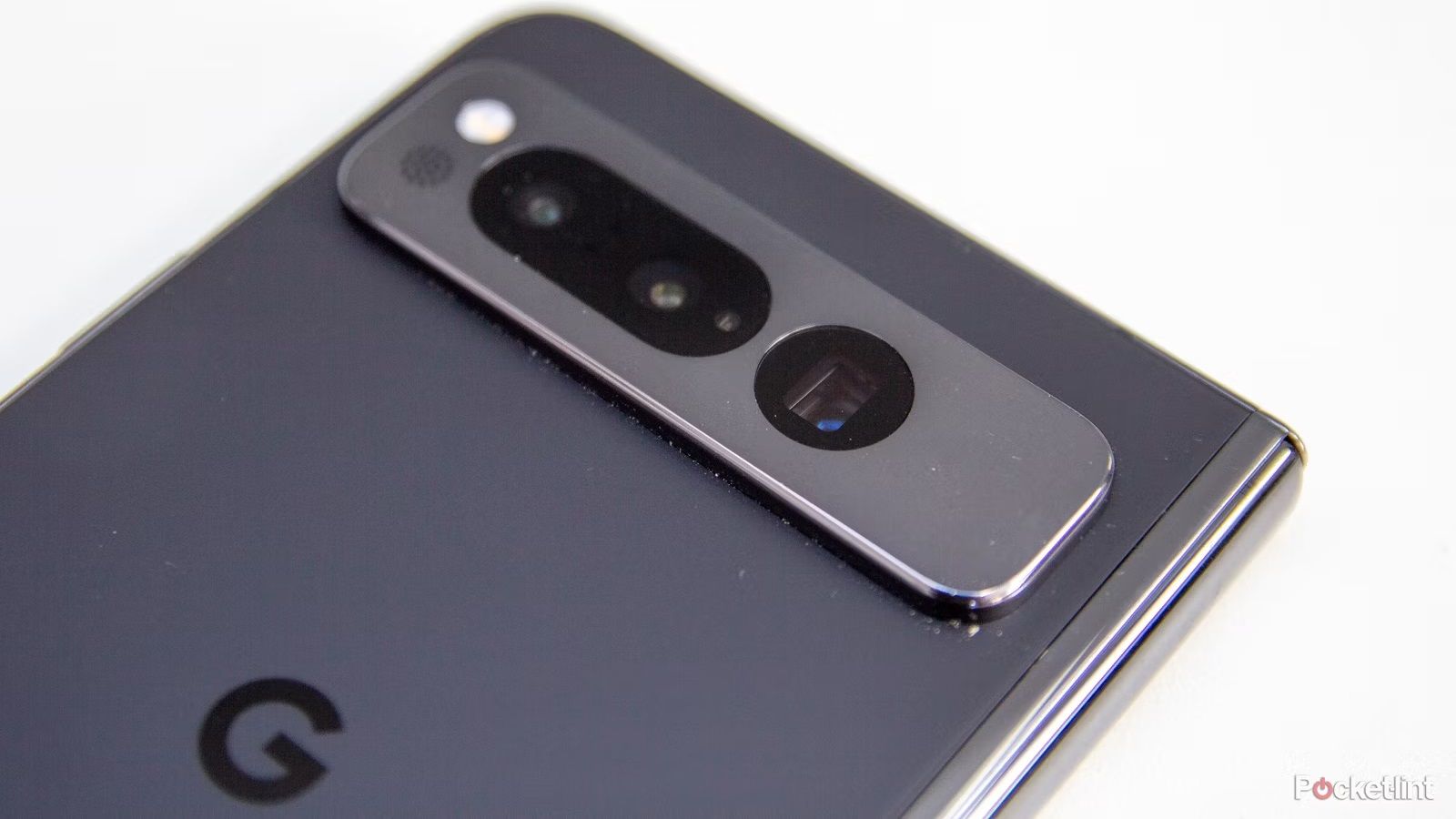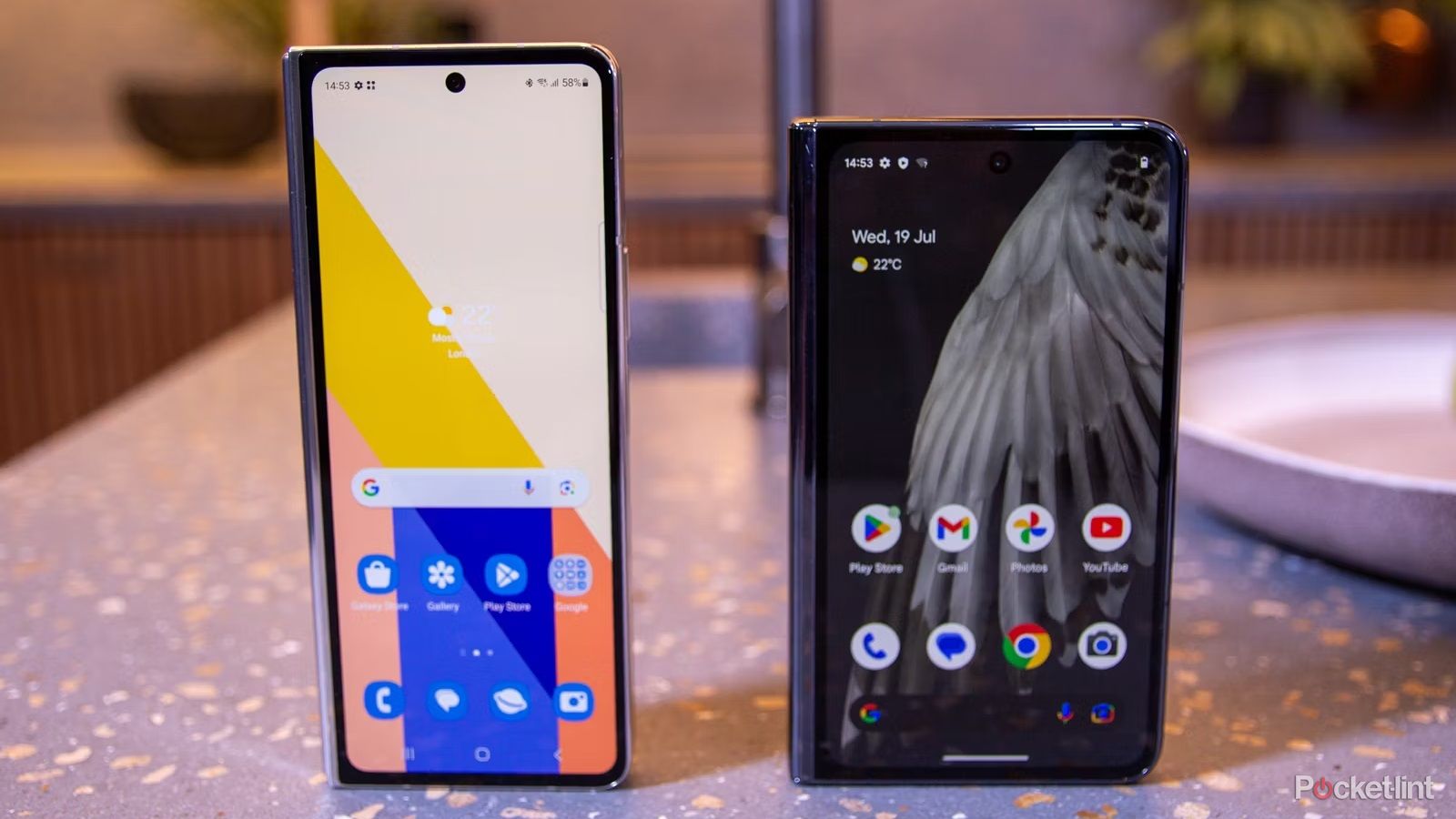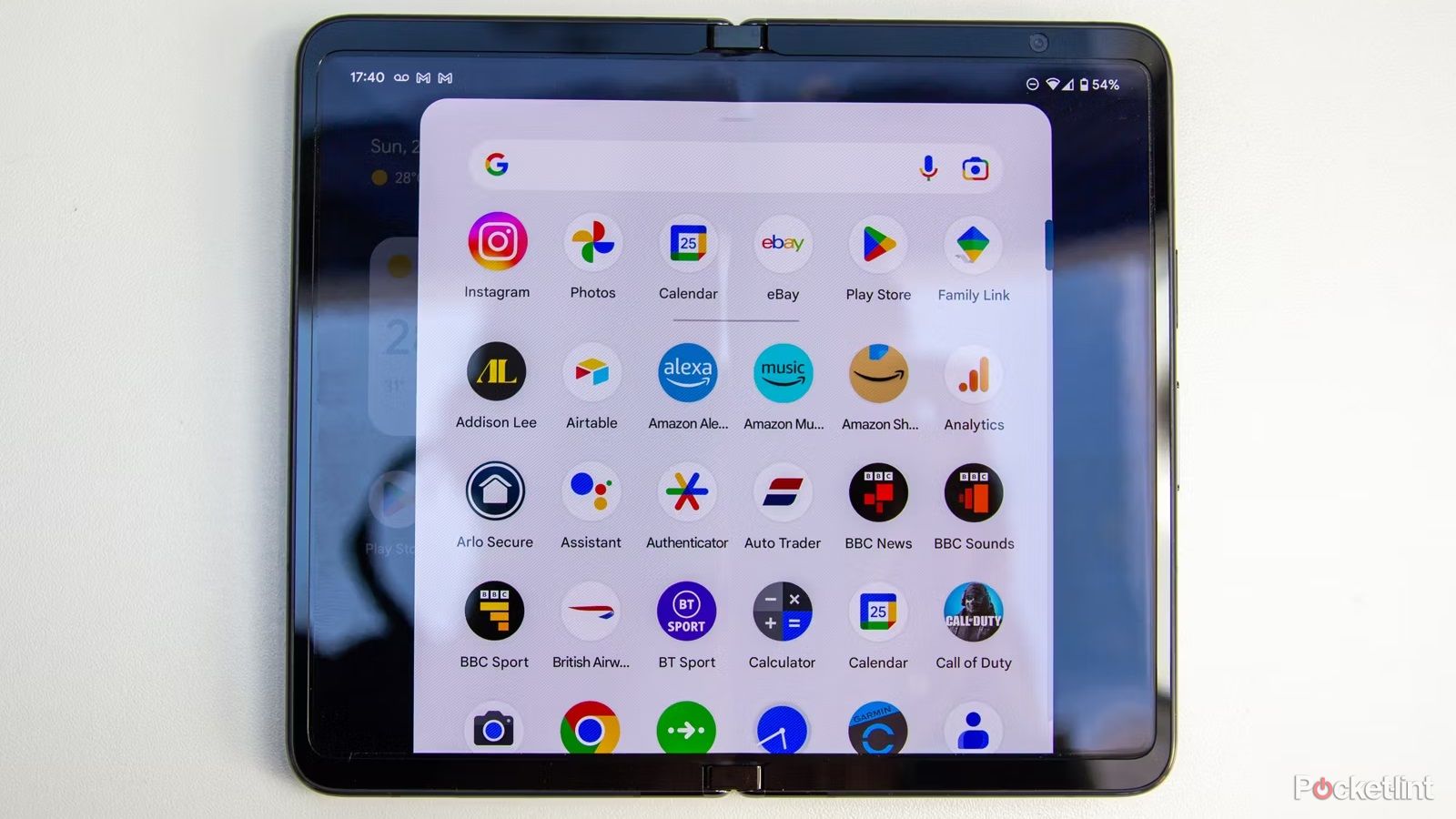When dealing with the first generation of a device, it’s reasonable to expect some shortcomings. In Google’s case, with the first-gen Pixel Fold, the device itself wasn’t exactly a home run. Google is typically known for its buttery, smooth software experience, but that area was actually a weakness for the Pixel Fold. It was fraught with app compatibility issues and performance question marks.
Google is typically known for its buttery, smooth software experience, but that area was actually a weakness for the Pixel Fold.
Now, as we head deeper into new 2024 smartphones, we’re readying ourselves for Google’s next foldable at-bat, the Pixel Fold 2. It’s still pretty early in the year, but we’ve already accrued a good amount of information on the upcoming device. We have some insight into when it will be released, what it will look like, how much it will cost, and how it may perform. Let’s go over what you can expect with the Pixel Fold 2.
Google Pixel’s transformation timeline: From simple slab to AI powerhouse
From the original Pixel to the Pixel 8 Pro, Google’s made a lot of changes to its smartphone over the years. Here’s the complete timeline
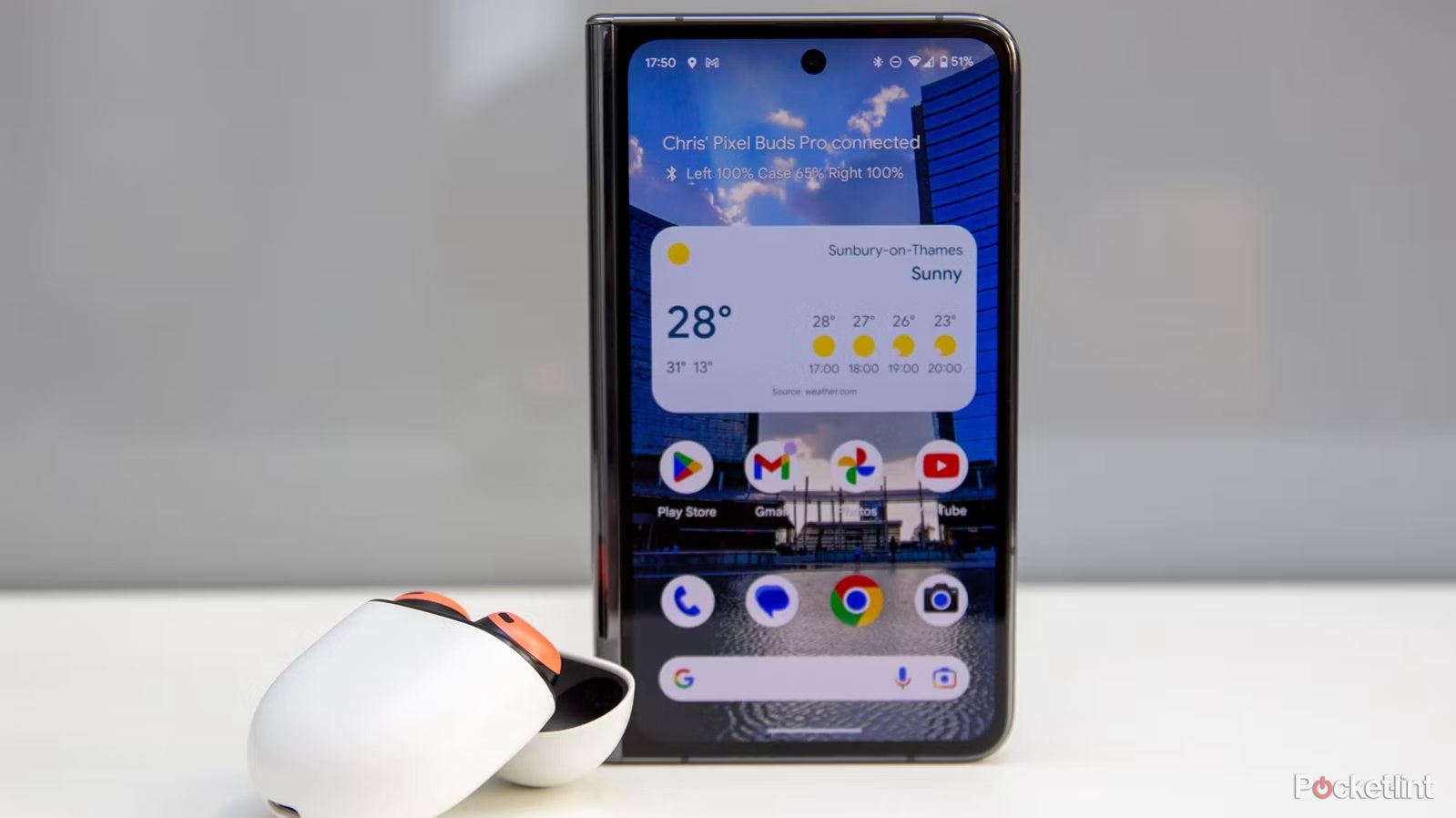 Pricing, name and release date
Pricing, name and release date
What’s in a name?
We’ve been calling Google’s next generation foldable the Fold 2, because companies typically follow a numbered naming scheme for products. The iPhone 15 came after the iPhone 14, and the Pixel 8 came after the Pixel 8. And so, the Fold 2 name made sense. But, it might be wrong. According to a recent report from Android Authority claims that it’ll actually be called the Pixel 9 Pro Fold. That’s to go along with the Pixel 9, Pixel 9 Pro, and Pixel 9 Pro XL.
However, we’re going to continue calling it the Pixel Fold 2… for now.
What will it cost?
We have no confirmation from Google on details about the eventual price tag on the Pixel Fold 2. However, as we saw a price increase on the Pixel 8 series, it would be safe to assume that there won’t be much in the way of savings when it comes to the Pixel Fold 2. It will likely follow last year’s model with a starting price of $1,800 or more.
When will the Fold 2 be released?
The first Google Pixel Fold was unveiled during Google I/O 2023 and launched the following month. If the Pixel Fold 2 follows the same release schedule, we can expect its announcement in May and arrival in June. However, according to a recent rumor, this could change.
According to a source quoted by Android Authority, the Pixel Fold 2 could arrive in October instead. The sample device upon which this leak was based ran on the upcoming Tensor G4 platform instead of the Tensor G3 SoC. This generational leap over the Tensor G2 chip, used in last year’s Pixel Fold, would result in a delayed release date due to the expectation that Google will launch its next-generation processor, the Tensor G4, with the Pixel 9 series.
If Google opts in favor of the Tensor G4 in the Pixel Fold 2, the second generation foldable will most likely launch with the rest of Google’s non-foldable Pixel devices in October 2024.
Design and performance
Say sayonara to Cyclops
The first Pixel Fold featured Google’s signature visor-style camera module, and according to a recent leak published by Android Authority, the upcoming Pixel Fold 2 may actually do away with the visor-style camera bar implemented since the Pixel 6. The leak showcases a purported engineering sample of the Pixel Fold 2 sporting a rectangular rear camera setup with four lenses. It’s a bit lackluster compared to the now iconic visor, but this design choice may help with the Pixel Fold’s issue of not being able to lie flat.
The Pixel Fold 2 may remedy the issues that came with the first Pixel Fold’s abnormal aspect ratio. For the uninitiated, the original Pixel Fold had some app compatibility issues due to having a rather wide unfolded display. Mobile apps that couldn’t play well with that aspect ratio would look off when launched, and it simply wasn’t a very enjoyable experience.
With the Pixel Fold 2, as Android Authority’s leak suggests, Google may go with a slimmer overall design. This means a thinner cover display, and an unfolded display that has a more app and user-friendly aspect ratio — something closer to a square. We aren’t sure how this will impact the physical battery size, so it’d be safe to assume that there won’t be too many changes to the battery setup for the Pixel Fold 2.
The inner display is also rumored to have much thinner bezels, which many will be pleased with. Before, with the first Pixel Fold, the inner selfie camera was located within the thick bezels. Now, it sounds like the company has decided to go with a camera cutout integrated into the screen.
Outpacing its predecessor
Regarding the rumors around the spec bumps for the Pixel Fold 2, this is where things could really get interesting.
As mentioned earlier, the Pixel Fold 2 will likely run on the Google-exclusive Tensor G4 platform in terms of SoC. According to a leak provided on X by user @OreXda, this eight-core chip will be based on Samsung’s Exynos 2400. It will have one Cortex X4 core clocked at 3.1 GHz, three Cortex A720 cores clocked at 2.6GHz, and four Cortex A520 cores clocked at 1.95GHz.
What this all means is that this could result in a pretty significant performance leap for the Pixel Fold 2. It could also pave the way for major advancements in Google’s implementation of AI. However, will this be enough to have the device hold its own among the other foldable flagships later in the year? That is yet to be seen.
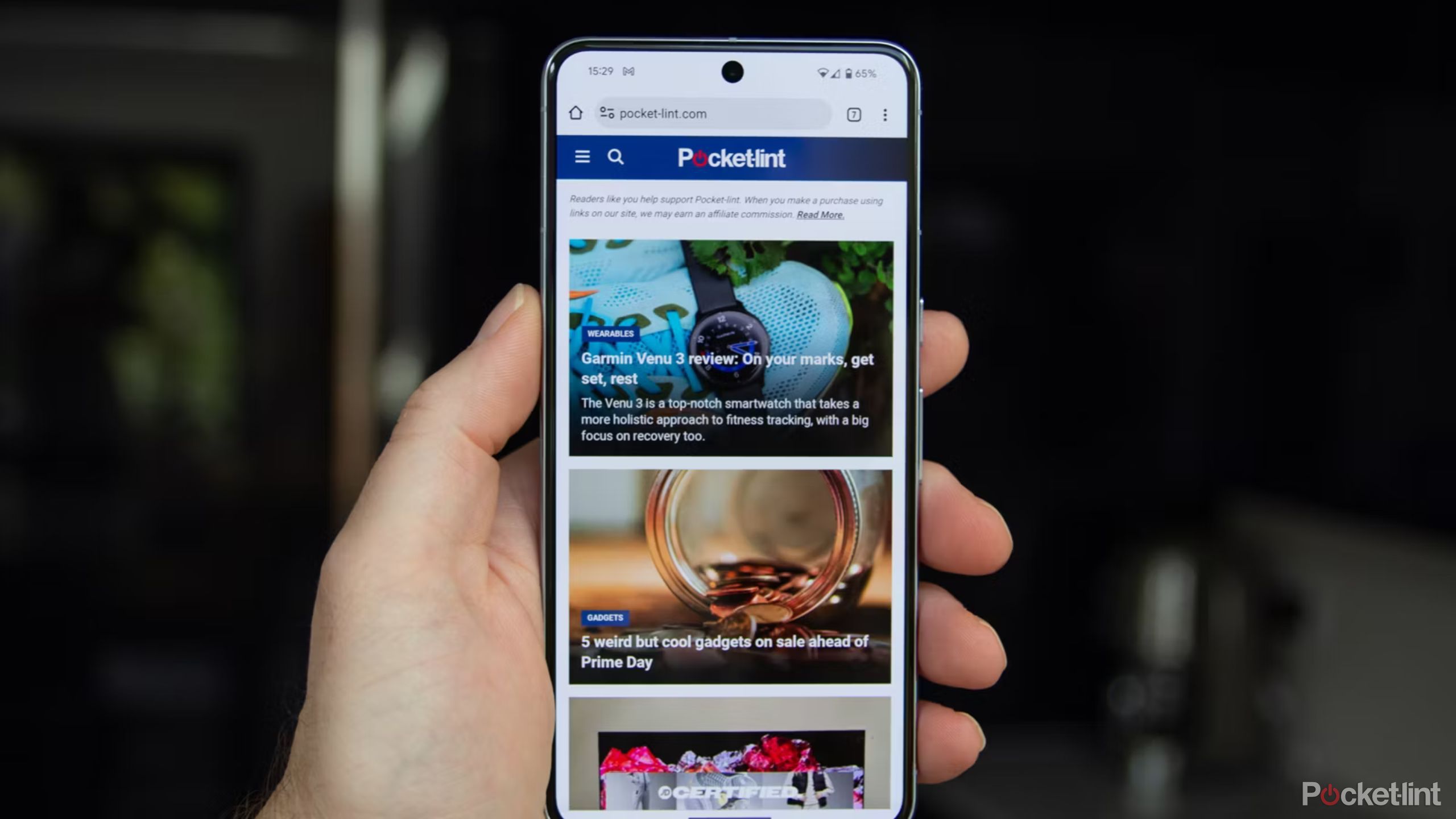
Pixel 9: What we want to see from Google’s next Android trendsetter
Google’s next smartphone lineup might once again define what it means to be the best Android smartphone.
Also rumored is a sizable RAM increase for the Google Pixel Fold 2. It may feature 16GB of RAM instead of 12GB, which would be the most on a Pixel device yet.
Google has been great at getting the most out of the least amount of RAM possible, and this physical increase in RAM could mean big things are on the horizon software-wise. At the very least, the Pixel Fold 2 will outperform its predecessor, and run much more smoothly.
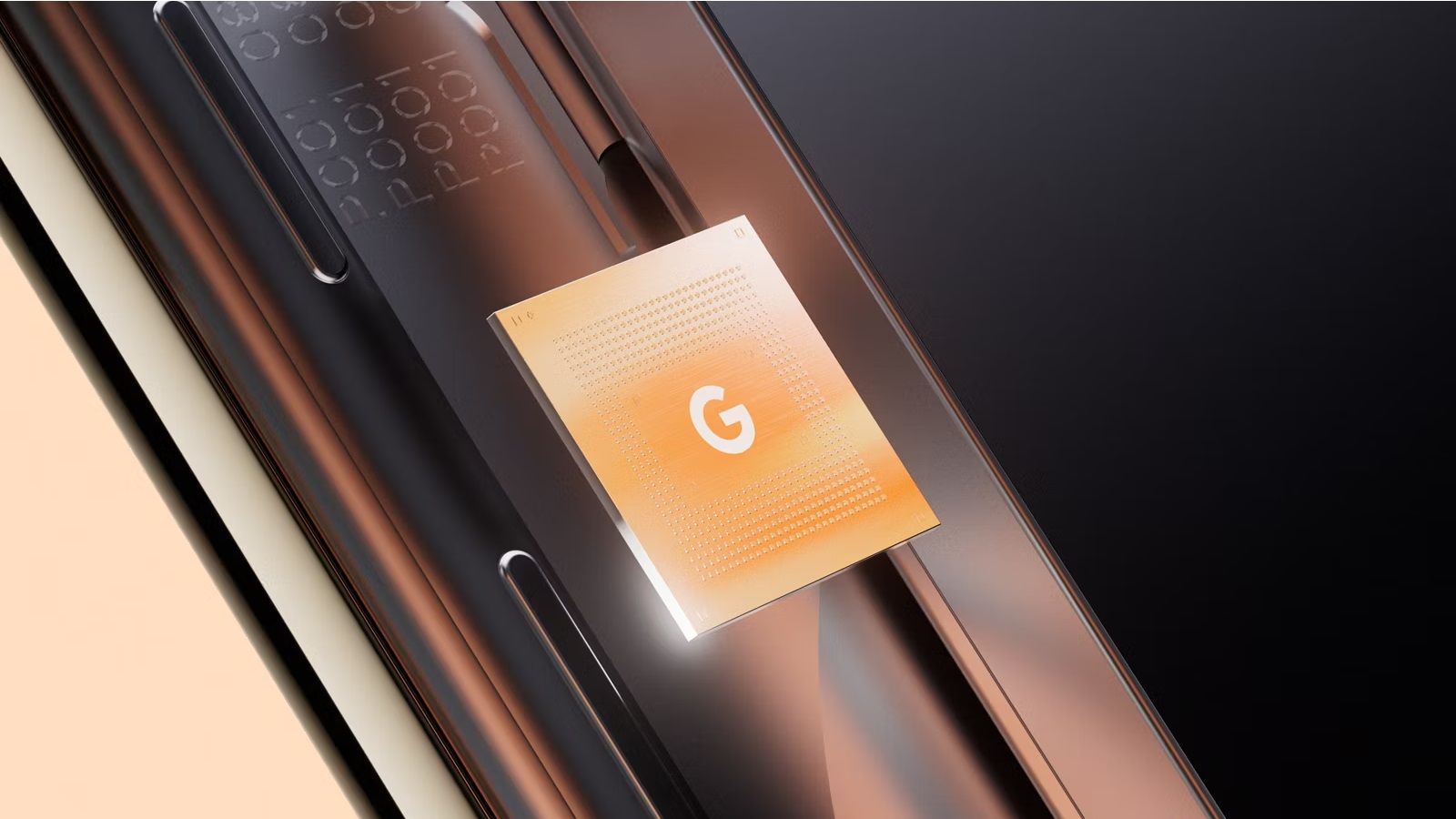 How we hope things unfold for the Pixel Fold 2
How we hope things unfold for the Pixel Fold 2
It’s no secret the first Pixel Fold had room for improvement. A lot of it. But the good news is the second-generation foldable looks like a great opportunity for some redemption. Given the rumors, we’re hoping for some of the following features improve this go around.
An updated design that can lie fully flat
The first thing we look forward to with the Pixel Fold 2 is that design refresh. This could very well result in smaller bezels for the internal screen, as well as the much-desired ability for the device to lie flat. The first Pixel Fold didn’t actually unfold all the way flat, and, while this wasn’t the biggest issue in the world, it certainly made things difficult when trying to use the device unfolded on a table.
Improved battery performance would be a win
We would love to see better battery performance on Google’s foldable follow-up. Hopefully, if the device does indeed run on Tensor G4, there will be further optimizations made. In conjunction with even more impressive AI implementation, we’re hoping to see a device that will last over a day on a single charge, regardless of heavy or light use.
Camera sensor upgrades from previous model
As per Android Authority’s leaks, we may be seeing a new set of cameras in a new camera module. Google doesn’t always go with the latest and greatest sensors, and sometimes doesn’t even change the sensors year over year. However, in a device that looks to be near the top of the price category, we really hope to see comparable camera performance to the upcoming Pixel 9 series. This is one area where the first Pixel Fold fell quite flat.
Global releases outside the US, UK, Germany, and Japan
Finally, we want to see the Pixel Fold available in more regions. Google only released the first Pixel Fold to the US, UK, Germany, and Japan. While this rather exclusive availability isn’t unheard of in the foldable space, we would love to see the next generation much more widely available.
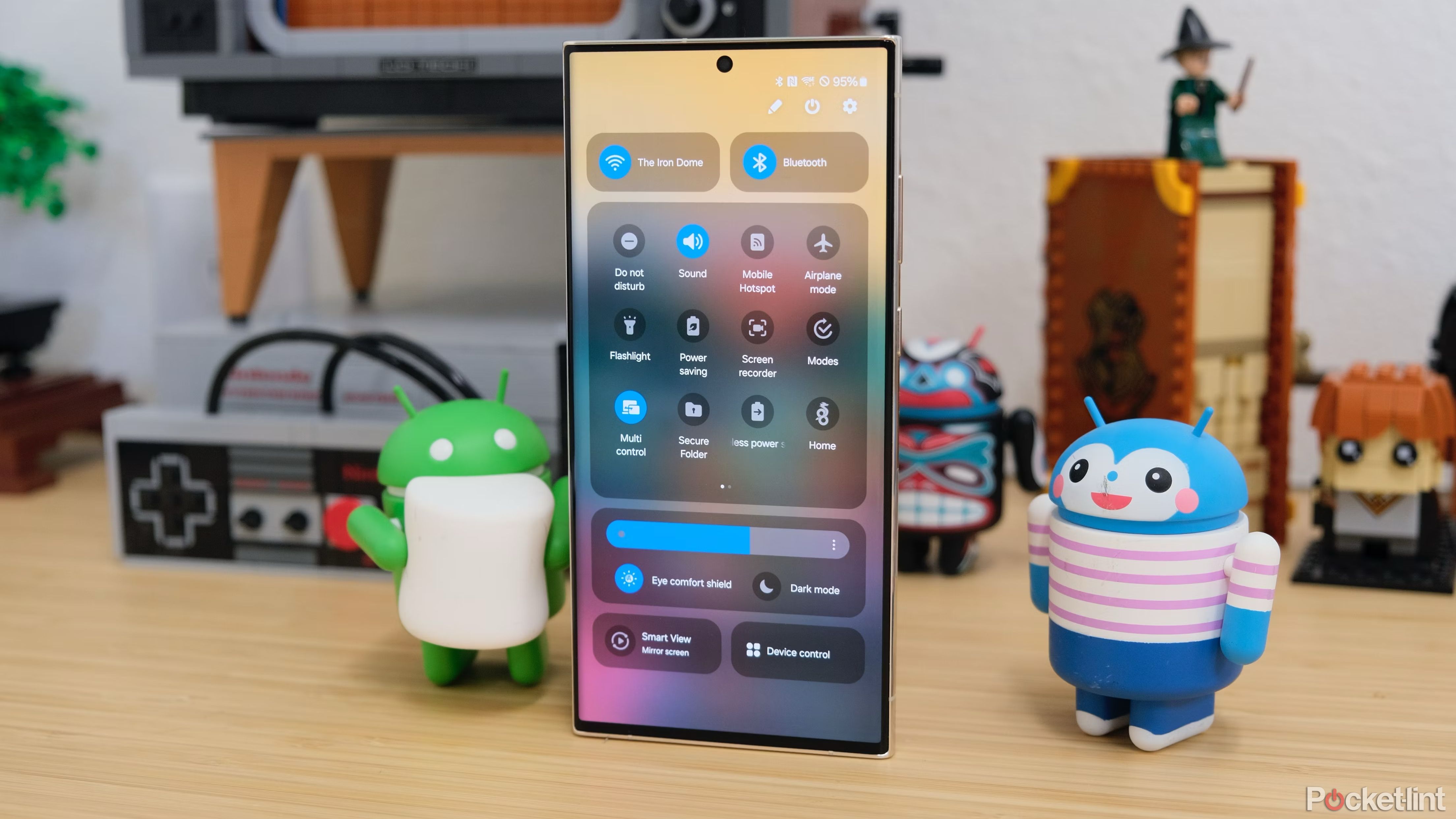
5 reasons why I’ve gone Android and will never return to the iPhone
Customization, affordability, and more device options are just a few reasons why I’ll never go iPhone again.
Trending Products

Cooler Master MasterBox Q300L Micro-ATX Tower with Magnetic Design Dust Filter, Transparent Acrylic Side Panel…

ASUS TUF Gaming GT301 ZAKU II Edition ATX mid-Tower Compact case with Tempered Glass Side Panel, Honeycomb Front Panel…

ASUS TUF Gaming GT501 Mid-Tower Computer Case for up to EATX Motherboards with USB 3.0 Front Panel Cases GT501/GRY/WITH…

be quiet! Pure Base 500DX Black, Mid Tower ATX case, ARGB, 3 pre-installed Pure Wings 2, BGW37, tempered glass window

ASUS ROG Strix Helios GX601 White Edition RGB Mid-Tower Computer Case for ATX/EATX Motherboards with tempered glass…


